Our Team
As the MS clinicians and researchers at the Djavad Mowafaghian Centre for Brain Health, our goal is to provide the best treatment that is safely available to our patients and to pursue research that could lead to improvements in their lives. All of our neurologists are affiliated with the Division of Neurology, Department of Medicine, in the Faculty of Medicine at the University of British Columbia.
Our Neurologists
DR. VIRGINIA DEVONSHIRE
Dr. Virginia Devonshire is the Director of the UBC MS/NMO Clinic and the University of Northern BC MS Clinic. She is also the Director of the UBC MS/NMO Clinical Trials group, where she has been Principal Investigator on numerous trials. She has published in various areas of MS therapeutics, the natural history of MS and pregnancy in MS. She is an Associate Clinical Professor at the University of British Columbia and Director of the MS Fellowship program and involved in resident and medical school teaching and mentorship. She is the current President of the Canadian Network of MS Clinics.
DR. ANTHONY TRABOULSEE
Anthony Traboulsee is a Professor and Research Chair of the MS Society of Canada at the University of British Columbia and is Director of the MS/MRI Research Group. He received his B.Sc. from McGill University in Montreal, Canada and his M.D. from Dalhousie University in Halifax, Nova Scotia. He completed a residency in Neurology and fellowship in Multiple Sclerosis at the University of British Columbia Hospital in Vancouver and University College London (Queen Square). His research focus is on the development of practice guidelines for routine use of MRI in the management of MS, establishing advanced MRI imaging outcomes in Multiple Sclerosis, and the treatment of Neuromyelitis Optica.
DR. ANA-LUIZA SAYAO
Ana-Luiza Sayao, BSc, MD, FRCPC, is currently a Neurologist at St. Paul’s Hospital and the University of British Columbia Multiple Sclerosis Clinic. She completed her residency training at UBC and Royal College board certification in Neurology in 2009. She then completed a Fellowship in Multiple Sclerosis at UBC in 2010. She is the adult Neurology Lead in the BC Pediatric Transition Care Project where she and colleagues are creating transition care plans for young persons with neurological disorders including Multiple Sclerosis and other Neuro-inflammatory conditions. She is currently an Assistant Clinical Professor at UBC.
DR. ROBERT CARRUTHERS
Originally from Vancouver, Dr. Carruthers studied medicine at the Tulane University School of Medicine. He did his internship at Massachusetts General Hospital, followed by neurology residency at the combined Brigham and Women’s Hospital/Massachusetts General Hospital program. He then undertook a fellowship in Multiple Sclerosis at the Partners MS Center at Brigham and Women’s Hospital. His interests include improving patient care and safety in MS, Neuromyelitis Optica and neuroimmunology.
DR. ALICE SCHABAS
Dr. Alice Schabas is a clinical neurologist specializing in the care of patients with Multiple Sclerosis. She completed her medical education at Queen’s University in Kingston, Ontario. Following that, she did her neurology residency training here in Vancouver. Finally, she completed a fellowship in Multiple Sclerosis at the University of British Columbia. Her interests include: quality improvement for enhanced patient care and symptomatic management for patients with Multiple Sclerosis.
Our Allied Health Team
-
Our nurses help coordinate care for patients and care partners within the team.
Their roles also include the following:
Nurse Practitioner:
Diagnoses and manages motor and non-motor symptoms of Parkinson's (including depression, anxiety, constipation, sleep disturbances, memory difficulties, hallucinations)
Offers medication management including monitoring, adjusting and refilling prescriptions
Collaborates with the patient and their family to identify health concerns from a holistic perspective
Provides education and counselling on healthy lifestyle, nutrition, exercise
Provides ongoing support to patients and their families living with Parkinson's and other movement disorders
Registered Nurse:
Provides education and self-management counselling regarding diagnosis and medications
Creates an opportunity for patients or family members to express any concerns or worries
Monitoring and assessing symptoms and medications between clinic visits
Provides telephone follow-up and support for new diagnoses
Refers to other team members and community resources when necessary
-
Medical office administrators are the glue that holds healthcare facilities together. Our clerical team is responsible for the day-to-day operations of our clinic. This includes managing patient files, billing and insurance, scheduling appointments, and handling communications with doctors and patients.
-
Clinical research nursing is a branch of nursing that focuses on the care of study participants. In addition to delivering and coordinating clinical care, our clinical research nurses play an important role in ensuring participant safety, ongoing informed consent maintenance, protocol implementation integrity, data collecting accuracy, data recording, and follow-up.
-
Clinical trials study the use of investigational medicines to modify MS disease. These studies follow patients who take either a study drug or a placebo. In our studies, the placebo is most often an alternative medicine that is already commercially available. Health Canada approves the use of investigational medicines for research purposes with the aim of evaluating their safety and efficacy. Even after a drug has been approved for commercial use in Canada, clinical trials continue to follow patients taking this medication to evaluate long-term safety or potential improvements.
This research group also facilitates observational studies, which do not involve an investigational medicine. Goals may include further understanding the causes of disease, its progression, or its impacts on the lives of patients. Results from observational trials can help researchers develop tools to help diagnose disease, improve the lives of patients, or point towards areas of future research.
-
Neurologists or other team members at the VCH Multiple Sclerosis Clinic can refer you to the occupational therapist at any stage of your condition. Once you are a patient of the clinic, you can also self-refer by calling 604-822-7131.
The occupational therapist can help you manage the physical and cognitive challenges related to your condition, from early diagnosis onward in the following ways
Assess daily function across chosen activities to facilitate ongoing management at home, work and in the community.
Assess performance components that are limiting your function, and collaborate to set goals and find solutions through restorative and adaptive strategies.
Provide education on management of symptoms that are limiting your function and facilitate the development of tools and strategies to self-manage as your condition changes.
Assess and prescribe adaptive aids and equipment as needed to adapt to functional changes.
Refer to and collaborate with other members of the team and external agencies to support continuity of care.










